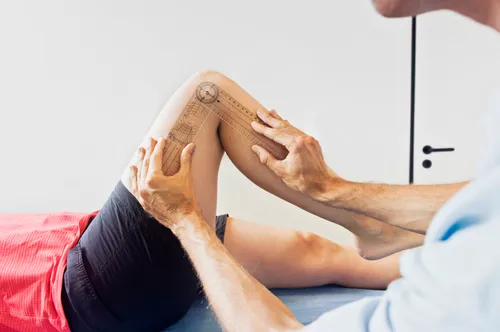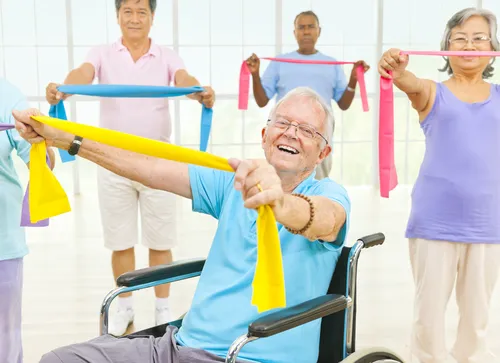A career as a professional kinesiologist starts with choosing the right degree program and courses.
Not all kinesiology degree programs provide the education, skills or necessary work experience to work as a professional kinesiologist.
Choosing the Right Degree Program
If you are considering a career in professional kinesiology you should carefully assess the degree programs and courses offered at the Universities or Colleges that you are interested in attending.
The profession of kinesiology requires more than athletic and sports performance knowledge. Most kinesiology jobs require knowledge, skills and experience working with people who are injured or have a chronic disease. Suitable degree programs will provide knowledge and skills to provide care people who are healthy and those who are not.
To learn about which degree program(s) will provide the required education and practice experience (referred to collectively as 'competency') you should review the information provided by the Universities or Colleges you are considering and contact them to ask questions about what each degree will provide in terms of knowledge and skills.
The BCAK's standards for professional membership have been developed with the goal of ensuring you will have the knowledge and skills appropriate to work in as kinesiologist with all types of clients.
Post Secondary Institutions (PSIs) may offer a variety of bachelor's and master's level degree programs designed to provide students with different skills and competencies.
Examples of degree programs and their purposes are , includes:
- Academic program streams - commonly designed to provide students with a strong theoretical knowledge based focused on current research and research methods with the goal of producing future academic researchers and educators, with students expected to complete additional research based (M.Sc. and/or Ph.D.) degrees after finishing their undergraduate degree. Degrees with this purpose can also be used as stepping stones to future degrees or professional programs such as Medicine, Physical Therapy or Occupational Therapy.
- Physical Fitness/Athletic Training/Strength and Conditioning degree streams -commonly designed to prepare students to provide health promotion services for the physical fitness and/or high level athletic performance in the community. These programs do not require the completion of educational courses to work with unhealthy or injured people.
- Interdisciplinary degree streams - commonly designed to allow students who do not have a strong idea of what they want to for a career, to take a wide variety of courses that will help a student to determine the direction of their future.
- Clinical Professional practice degree streams - commonly designed to provide students with coursework and skills that will prepare them for work as a professional kinesiologist. These programs will typically include knowledge and skills to prepare the student to begin their career and will include work experience opportunities in public and private healthcare facilities.
A typical degree program in professional kinesiology will include hands-on training in addition to entry level knowledge across the following areas:
- Clinical client intake, history taking and risk screening
- Disease pathology/pathophysiology
- Clinical exercise physiology
- Assessment, testing and exercise prescription for clinical populations including:
- Metabolic disorders - including osteoporosis,
- Lung disease - including asthma, cystic fibrosis, COPD,
- Heart disease,
- Neurological disease,
- Cancer,
- Arthritis,
- Multiple sclerosis, muscular dystrophy and other disorders.
- Functional movement assessment
- Orthopaedic (musculoskeletal) injuries, posture and movement disorders
- Mental health disorders
- Head injuries and Concussion Management
- Lifestyle and behaviour change
- Healthy aging
- Healthy living, disease preventative and workplace wellness
- Physical rehabilitation and return to work planning
- Ergonomics, including workplace assessment and work conditioning
- Disability Management
- Taping and bracing
- Healthcare law, professional regulation and ethics
- Professional practice and teamwork
- Record keeping (charting and report writing)
- Health and safety in healthcare
- Practical work experience opportunities in healthcare settings
Information on the essential knowledge and skills required to be a BCAK professional member are detailed in the BCAK's Essential Competencies of Practice






